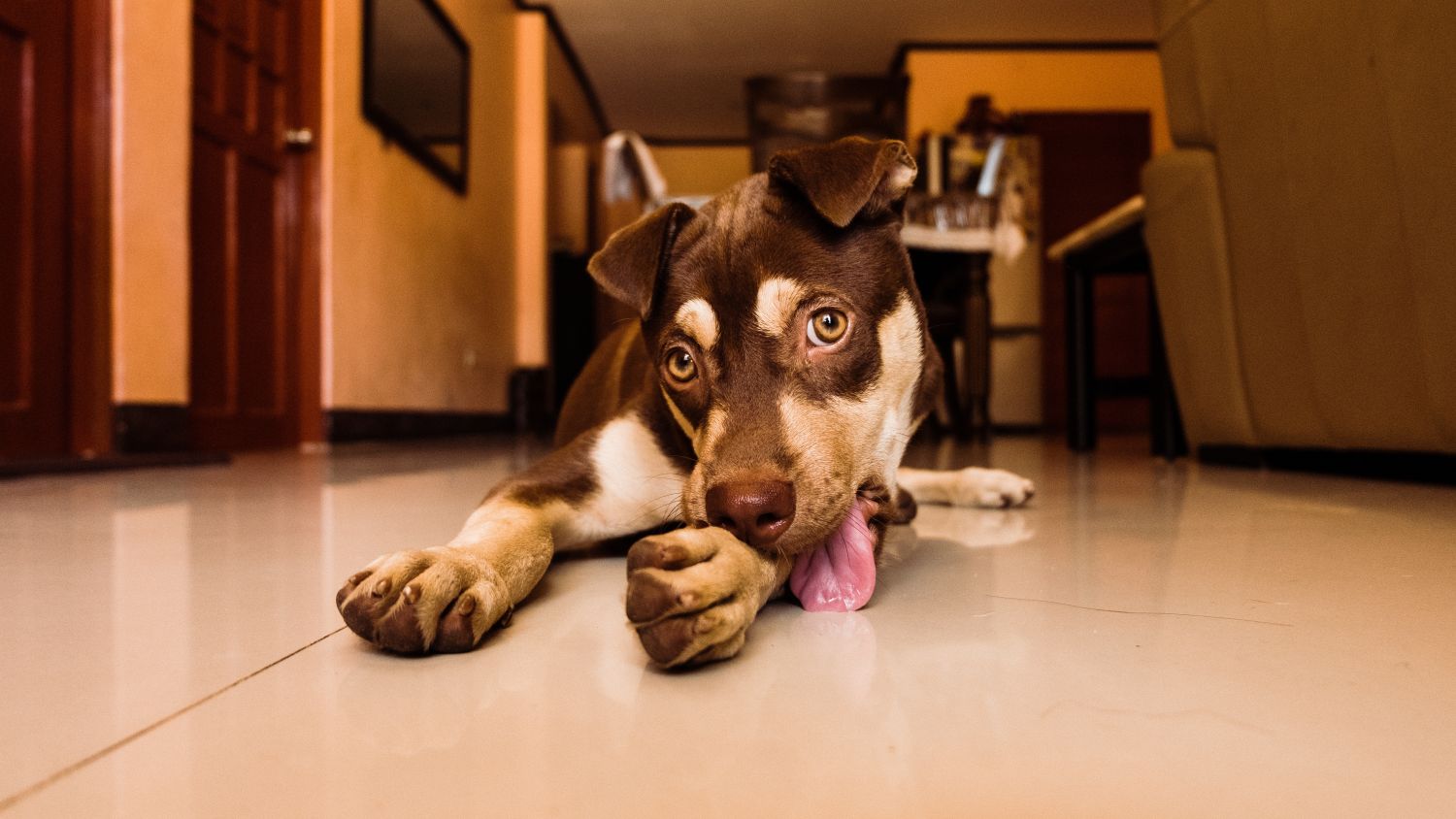

Articles
Why Is My Dog Licking The Floor
Modified: December 7, 2023
Discover why your dog is licking the floor and find helpful articles to understand and address this behavior.
(Many of the links in this article redirect to a specific reviewed product. Your purchase of these products through affiliate links helps to generate commission for Storables.com, at no extra cost. Learn more)
Introduction
Dogs are known for their quirky and sometimes puzzling behaviors. One particular behavior that can leave dog owners scratching their heads is licking the floor. You may have caught your furry friend crouched down, diligently licking the hardwood or tile. But why do dogs engage in this seemingly odd behavior?
There can be various reasons behind a dog’s floor licking habits, ranging from health issues to behavioral factors. In this article, we will explore the possible reasons behind this behavior and provide some insights on how to address it.
Key Takeaways:
- Dogs may lick the floor due to food remnants, boredom, anxiety, medical conditions, or compulsive behavior. Understanding the underlying reasons and seeking professional help can help address and manage this behavior effectively.
- Providing mental and physical stimulation, maintaining a clean environment, addressing health issues, and redirecting attention can help prevent and manage floor licking behavior in dogs. Consistent training and patience are key to promoting a healthier lifestyle for your furry friend.
Read more: Why Is My Dog Licking The Carpet
Possible reasons for floor licking
There are several potential reasons why dogs may engage in floor licking behavior. It is essential to understand these possibilities to determine the underlying cause and ensure your dog’s well-being. Here are some common explanations:
- Food remnants: Dogs have a powerful sense of smell and can detect even the tiniest trace of food left on the floor. Licking the floor might be your dog’s way of searching for any tasty leftovers. Ensure that you clean up thoroughly after meals to minimize this behavior.
- Boredom or attention-seeking: Some dogs resort to licking the floor as a way to entertain themselves or seek attention from their owners. If your dog is not receiving enough mental and physical stimulation, they may engage in this behavior out of sheer boredom. Provide plenty of exercise, playtime, and mental enrichment exercises to address this issue.
- Anxiety or stress: Dogs may resort to licking the floor when they are feeling anxious or stressed. This behavior can provide them with a distraction or a way to self-soothe. If you notice excessive floor licking along with other signs of anxiety, such as pacing or destructive behavior, it may be beneficial to consult with a veterinarian or a professional dog behaviorist for guidance.
- Medical conditions: Floor licking can also be a symptom of an underlying medical issue. Dogs may lick the floor excessively if they are experiencing gastrointestinal problems, such as upset stomach or acid reflux. It can also be a sign of a nutrient deficiency. If you suspect that a medical condition is causing your dog’s floor licking behavior, it is crucial to consult with a veterinarian for a proper diagnosis and treatment plan.
- Compulsive behavior: In some cases, dogs may develop compulsive behaviors, including floor licking. This can be a result of genetics, previous trauma, or learned behavior. If the floor licking is persistent, repetitive, and interferes with your dog’s daily activities, it is recommended to seek guidance from a professional dog behaviorist.
It is important to note that each dog is unique, and the reasons behind their floor licking behavior may vary. By observing your dog’s overall behavior and consulting with a professional if needed, you can identify the underlying cause and take appropriate steps to address it.
Health issues related to floor licking
While floor licking is often harmless, it can sometimes indicate underlying health issues that require attention. It is crucial to be aware of these potential health concerns to ensure the well-being of your furry friend. Here are some health issues that may be related to floor licking:
- Digestive disorders: Excessive floor licking can be a sign of digestive problems like gastritis, inflammatory bowel disease, or food allergies. If your dog frequently experiences gastrointestinal discomfort, they may lick the floor in an attempt to alleviate the symptoms.
- Nutritional deficiencies: Certain nutrient deficiencies, such as a lack of vitamins or minerals, can lead to abnormal behaviors in dogs. Floor licking may be a manifestation of your dog trying to compensate for these deficiencies.
- Dental issues: Dogs with oral health problems like dental decay, gum disease, or mouth sores may resort to licking the floor as a way to alleviate the pain or discomfort in their mouths.
- Neurological conditions: Some neurological disorders can manifest in unusual behaviors, including excessive licking. Conditions like obsessive-compulsive disorder (OCD), seizures, or cognitive dysfunction syndrome (CDS) may contribute to your dog’s floor licking behavior.
- Toxic substances: In rare cases, floor licking may occur if your dog has come into contact with toxic substances on the floor, such as cleaning products or chemicals. It is important to keep your home environment safe for your pets and prevent their exposure to harmful substances that can be ingested through licking.
If you notice persistent or abnormal floor licking behavior in your dog, it is essential to consult with a veterinarian. They will be able to assess your dog’s overall health, conduct any necessary diagnostic tests, and provide appropriate treatment or management strategies for any underlying health issues.
If your dog is licking the floor excessively, it could be a sign of an underlying health issue such as gastrointestinal problems, nutritional deficiencies, or anxiety. It’s important to consult with a veterinarian to rule out any potential medical concerns.
Behavioral reasons behind floor licking
In addition to health issues, there are several behavioral reasons that might contribute to a dog’s floor licking behavior. Understanding these underlying behaviors can help address the issue effectively. Here are some possible behavioral reasons behind floor licking:
- Anxiety or stress: Dogs may lick the floor as a coping mechanism for anxiety or stress. It can provide a temporary distraction or act as a self-soothing behavior. Identifying and addressing the source of your dog’s anxiety, such as separation anxiety or fear of certain stimuli, can help reduce their floor licking tendencies.
- Compulsive behavior: Some dogs develop compulsive behaviors, including floor licking. This can arise due to genetics, previous trauma, or repeated reinforcement of the behavior. Dogs with compulsive tendencies may engage in repetitive, rhythmic licking patterns on the floor. Working with a professional dog behaviorist can help develop management strategies to reduce and redirect this behavior.
- Boredom or lack of stimulation: Dogs need mental and physical stimulation to stay engaged and satisfied. If they don’t receive enough exercise, playtime, or mental enrichment, they may resort to floor licking as a way to alleviate boredom or seek attention. Ensuring your dog has plenty of enriching activities and outlets for their energy can help curb their floor licking behavior.
- Learned behavior: Sometimes, dogs learn that floor licking results in attention or rewards from their owners. For example, if your dog licks the floor and you respond by giving them affection or treats, they may continue the behavior to seek a similar response. Consistently rewarding alternative, desirable behaviors, and redirecting their attention away from floor licking can help break this learned association.
- Exploration and sensory exploration: Dogs have a keen sense of smell and often use their tongues to gather information about their environment. Licking the floor can be a way for them to investigate new smells, tastes, or textures. Providing alternative outlets for their exploration, such as puzzle toys or interactive games, can redirect their focus away from floor licking.
Understanding the behavioral reasons behind your dog’s floor licking behavior can help you develop a tailored plan to address and redirect the behavior. Working with a professional dog behaviorist can provide further guidance and support to modify your dog’s behavior effectively.
How to prevent and address floor licking behavior
Dealing with floor licking behavior in dogs requires a comprehensive approach that addresses both the underlying cause and provides appropriate training and management strategies. Here are some tips to help prevent and address your dog’s floor licking behavior:
- Maintain a clean environment: Ensure that your floors are clean and free of any food crumbs or other enticing substances that may attract your dog’s attention. Clean up after meals promptly and regularly sweep or vacuum to eliminate any remnants that may trigger floor licking behavior.
- Provide mental and physical stimulation: A bored dog is more likely to engage in unwanted behaviors like floor licking. Make sure your dog receives plenty of exercise, playtime, and mental enrichment activities to keep them engaged. Interactive toys, puzzle feeders, and training sessions are excellent ways to stimulate your dog’s mind and prevent them from resorting to floor licking out of boredom.
- Address underlying health issues: If you suspect that your dog’s floor licking behavior is related to a medical condition, consult with a veterinarian. They can diagnose and treat any underlying health issues, which may alleviate the need for your dog to engage in floor licking.
- Redirect attention and reinforce alternative behaviors: When you catch your dog engaging in floor licking, gently redirect their attention to a more appropriate behavior, such as playing with a toy or practicing a known command. Reward them with praise or treats for engaging in the desired behavior, reinforcing the association between the preferred action and positive reinforcement.
- Train and reinforce a “leave it” cue: Teach your dog a “leave it” command, which can be used to redirect their attention away from floor licking. Practice the cue in controlled environments and gradually increase the level of distraction. Consistent training and reinforcement will help your dog understand and respond to the command effectively.
- Seek professional help: If your dog’s floor licking behavior persists or escalates despite your best efforts, consider seeking guidance from a professional dog behaviorist or trainer. They can assess the behavior, identify any underlying issues, and develop a customized plan to modify and manage the behavior effectively.
Remember, addressing floor licking behavior requires patience, consistency, and understanding. With proper training, management, and addressing any underlying causes, you can help your dog overcome this habit and promote a healthier and more balanced lifestyle.
Read more: Why Does My Dog Lick Furniture
Conclusion
Floor licking behavior in dogs can be perplexing, but by understanding the possible reasons behind this behavior, you can take appropriate steps to address it. Whether it is due to health issues, boredom, anxiety, or learned behavior, there are ways to prevent and manage floor licking in your furry friend.
Start by maintaining a clean environment and ensuring that there are no food remnants or toxins on the floor that may attract your dog’s attention. Provide mental and physical stimulation through exercise, playtime, and enrichment activities to keep your dog engaged and prevent boredom. If you suspect that there may be underlying health issues contributing to the floor licking behavior, consult with a veterinarian for a proper diagnosis and treatment plan.
Redirecting your dog’s attention and reinforcing alternative behaviors are essential in addressing floor licking. Through training and consistent reinforcement, you can teach your dog to focus on more appropriate activities and discourage floor licking behavior. Consider working with a professional dog behaviorist if the behavior persists or becomes problematic.
Remember, each dog is unique, and the reasons behind their floor licking behavior may vary. It may take time and patience to find the underlying cause and develop a suitable management plan. With love, understanding, and proper guidance, you can help your dog overcome floor licking and promote a healthy and happy life together.
Frequently Asked Questions about Why Is My Dog Licking The Floor
Was this page helpful?
At Storables.com, we guarantee accurate and reliable information. Our content, validated by Expert Board Contributors, is crafted following stringent Editorial Policies. We're committed to providing you with well-researched, expert-backed insights for all your informational needs.
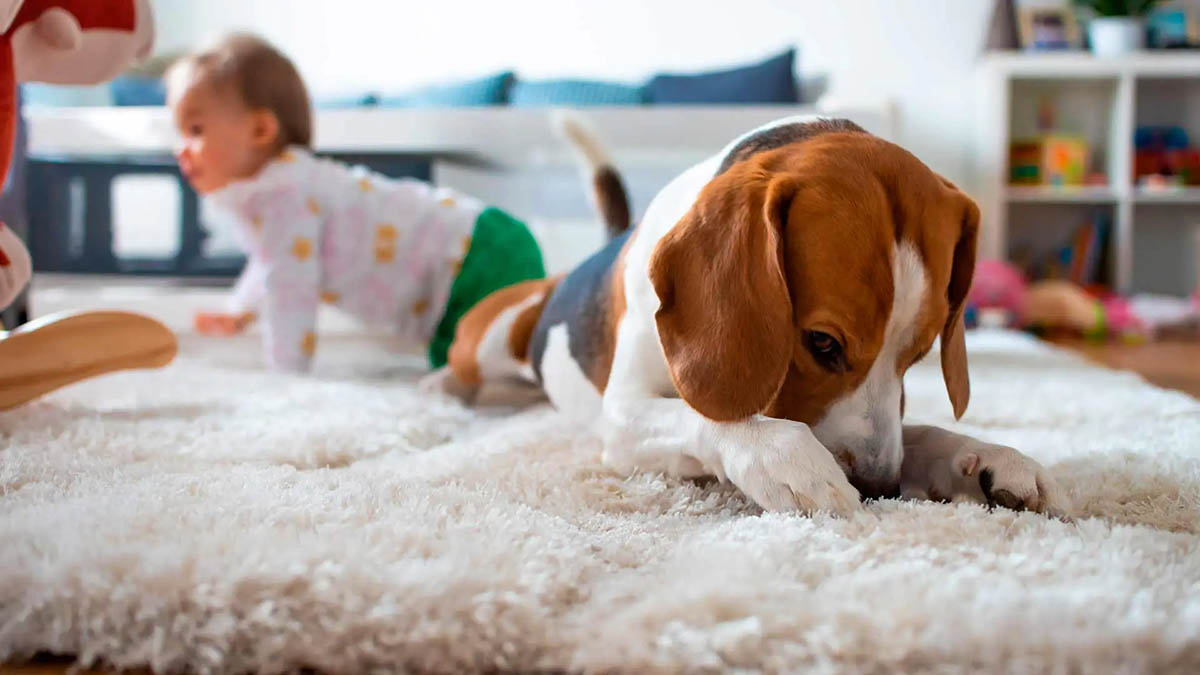
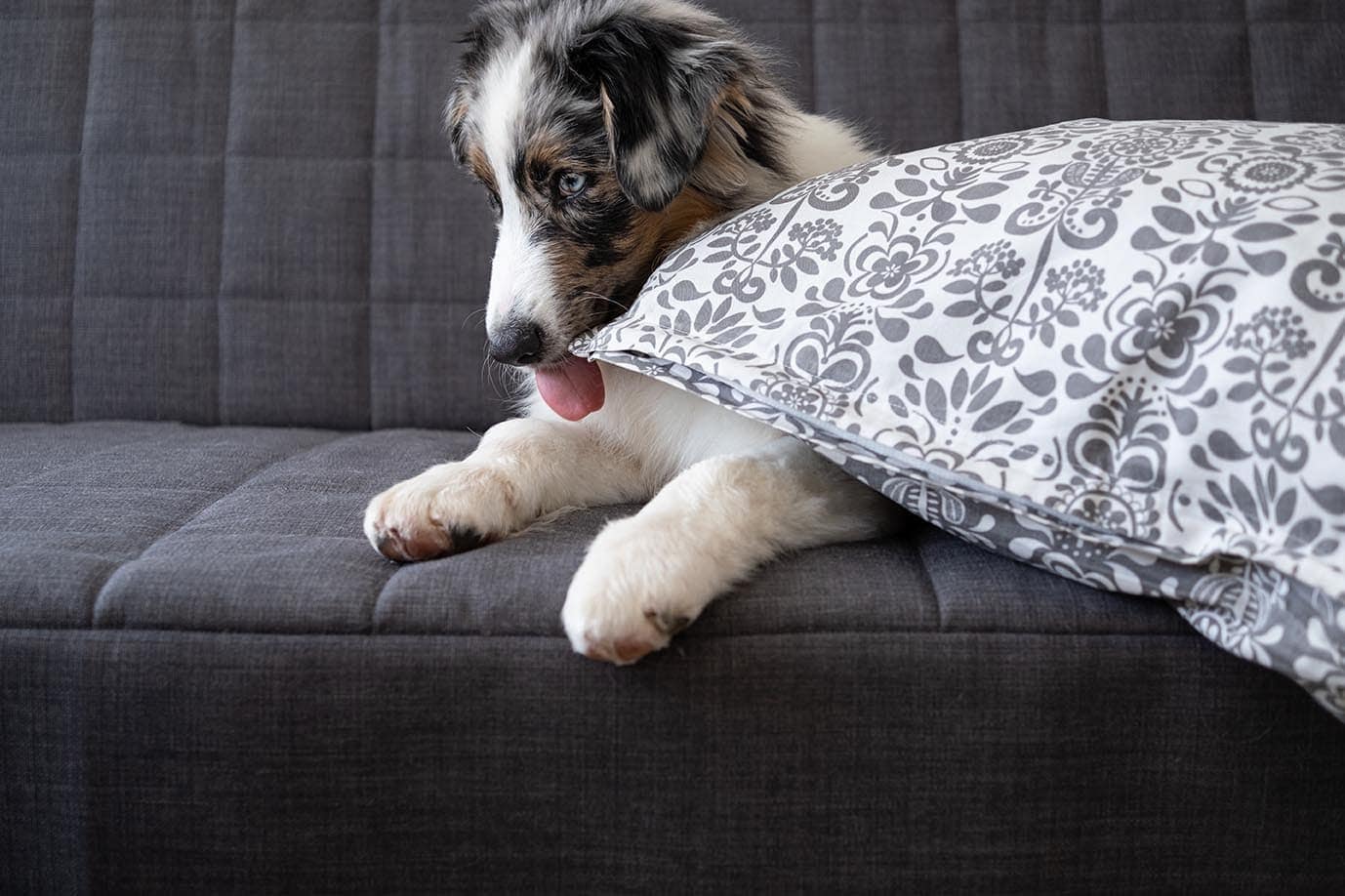
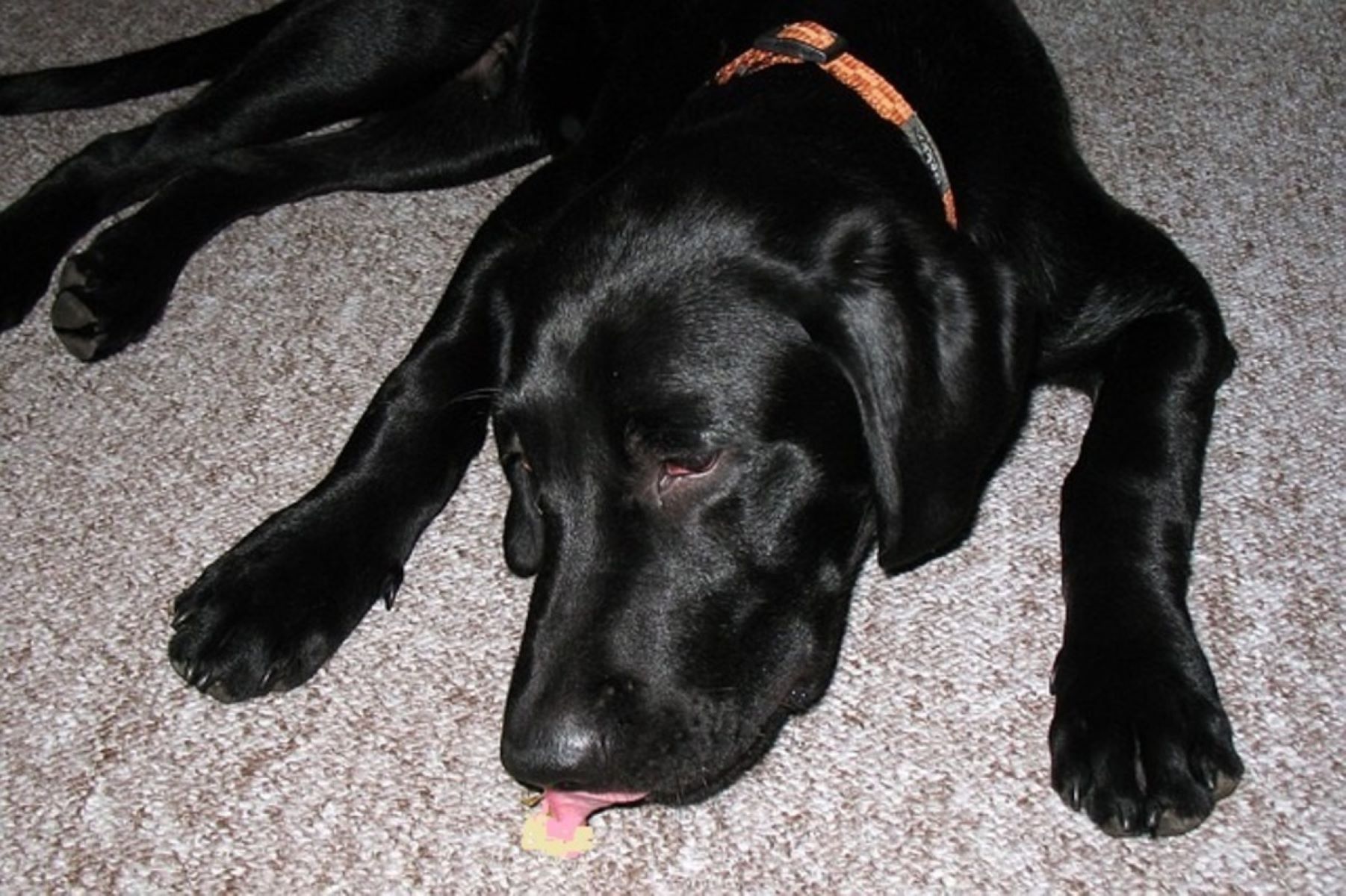
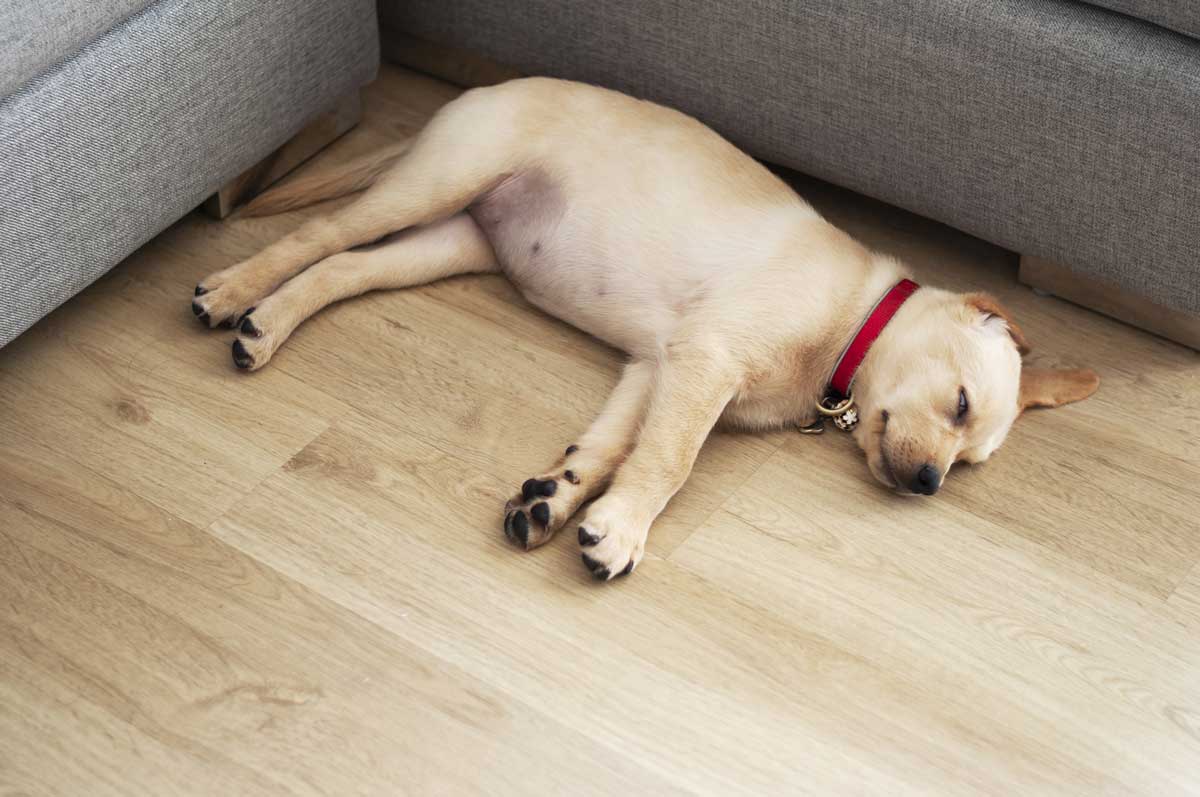
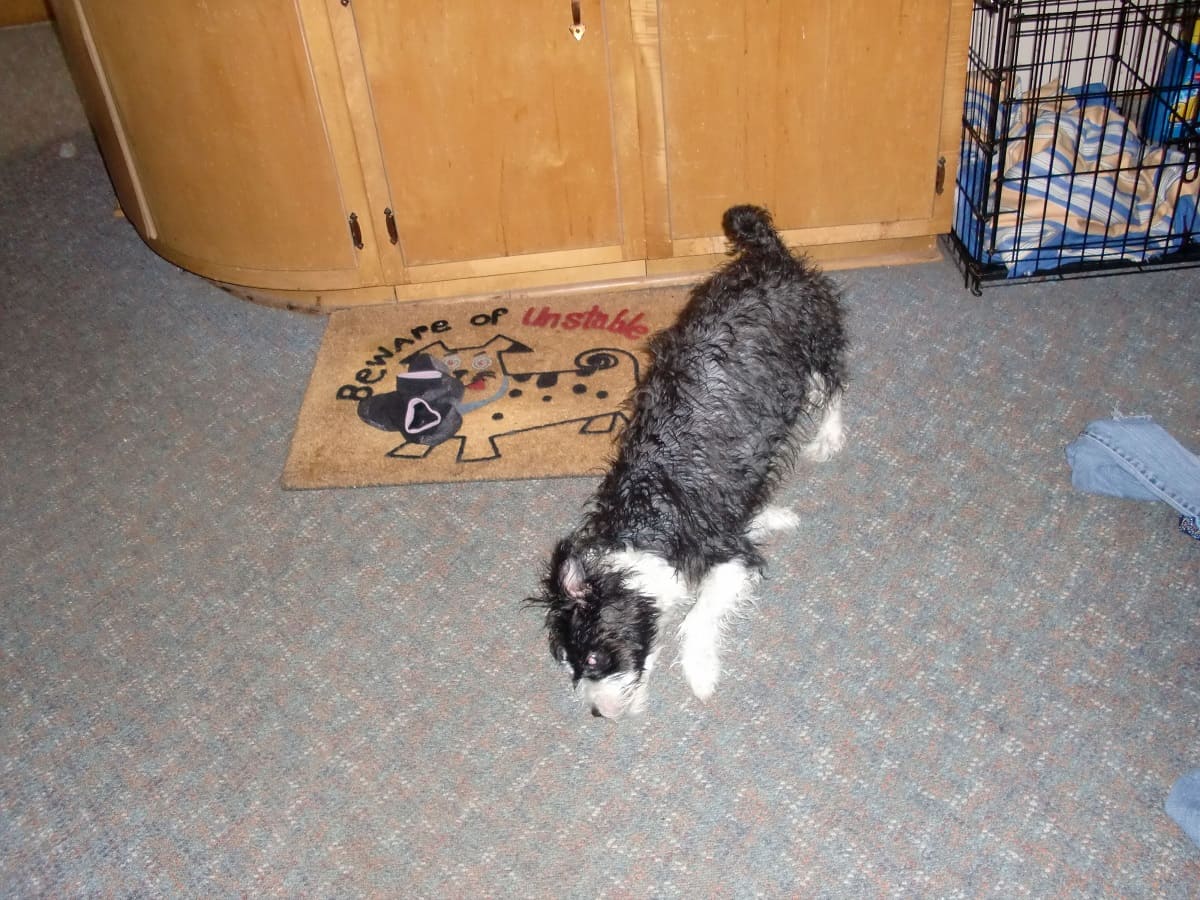
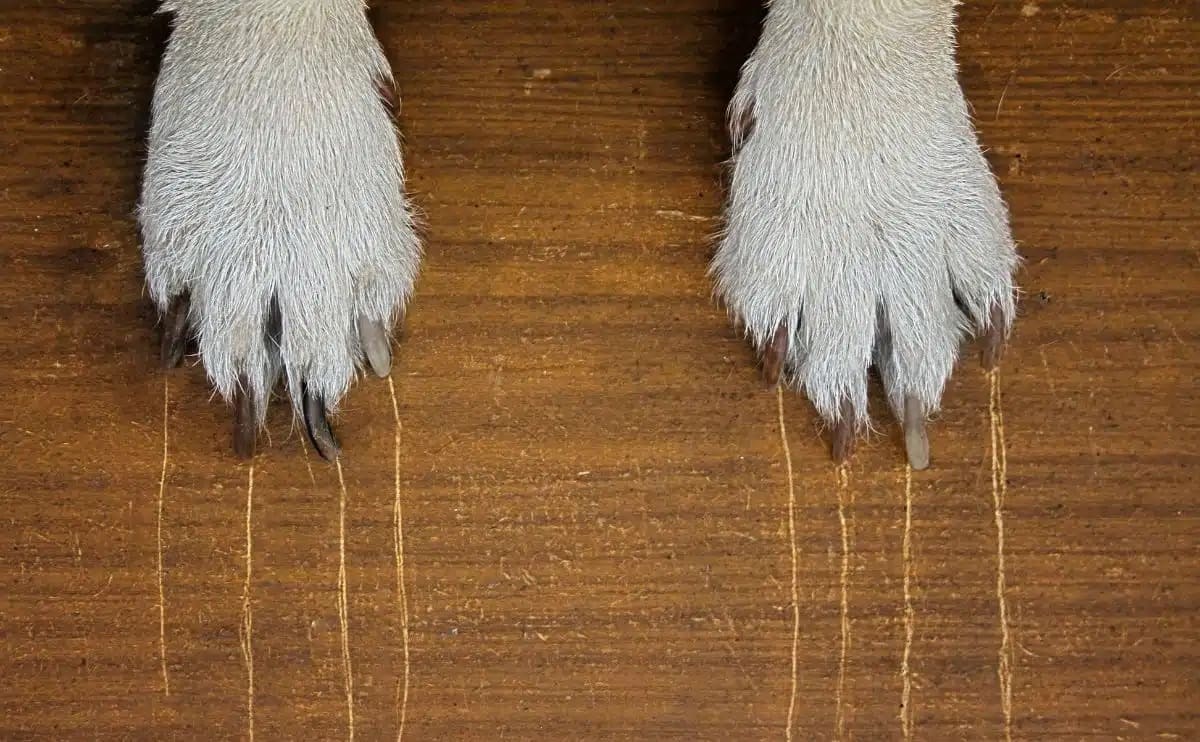
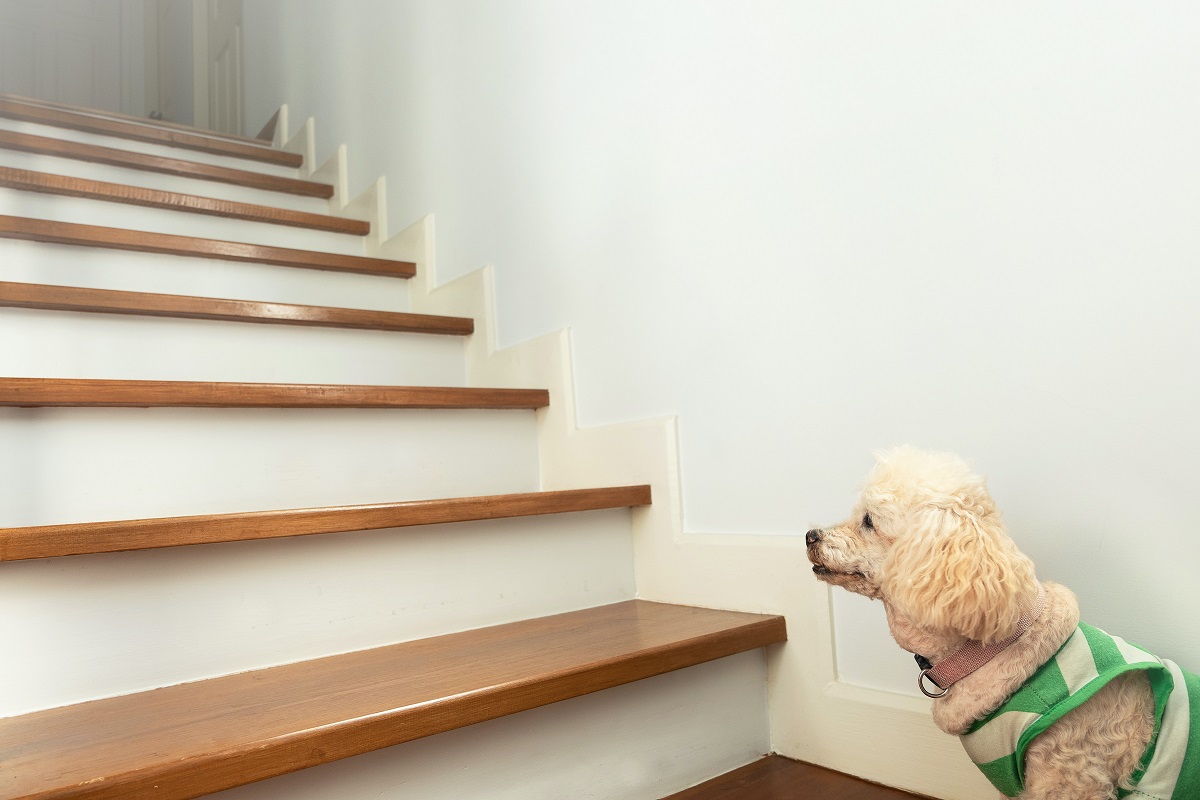
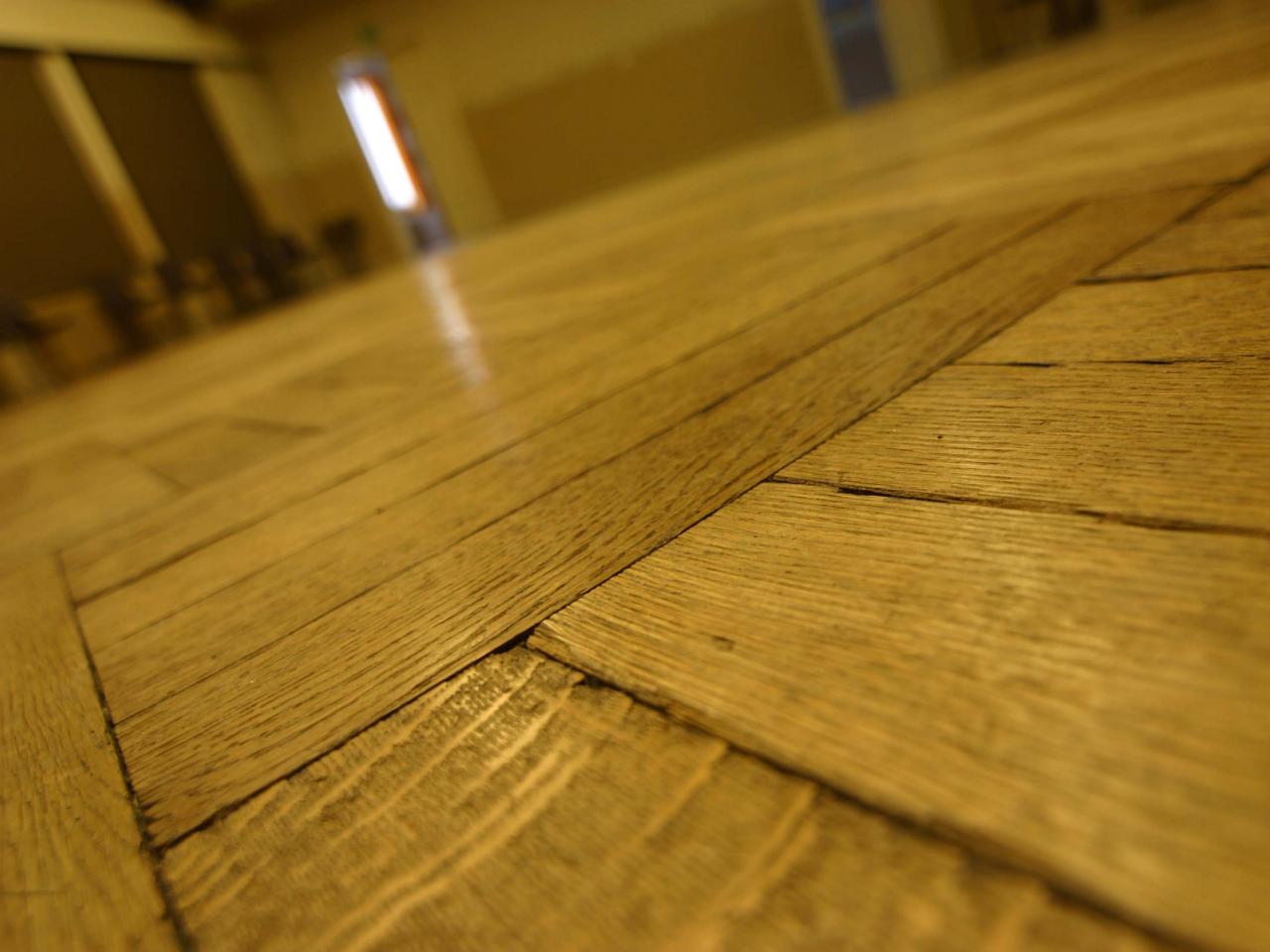
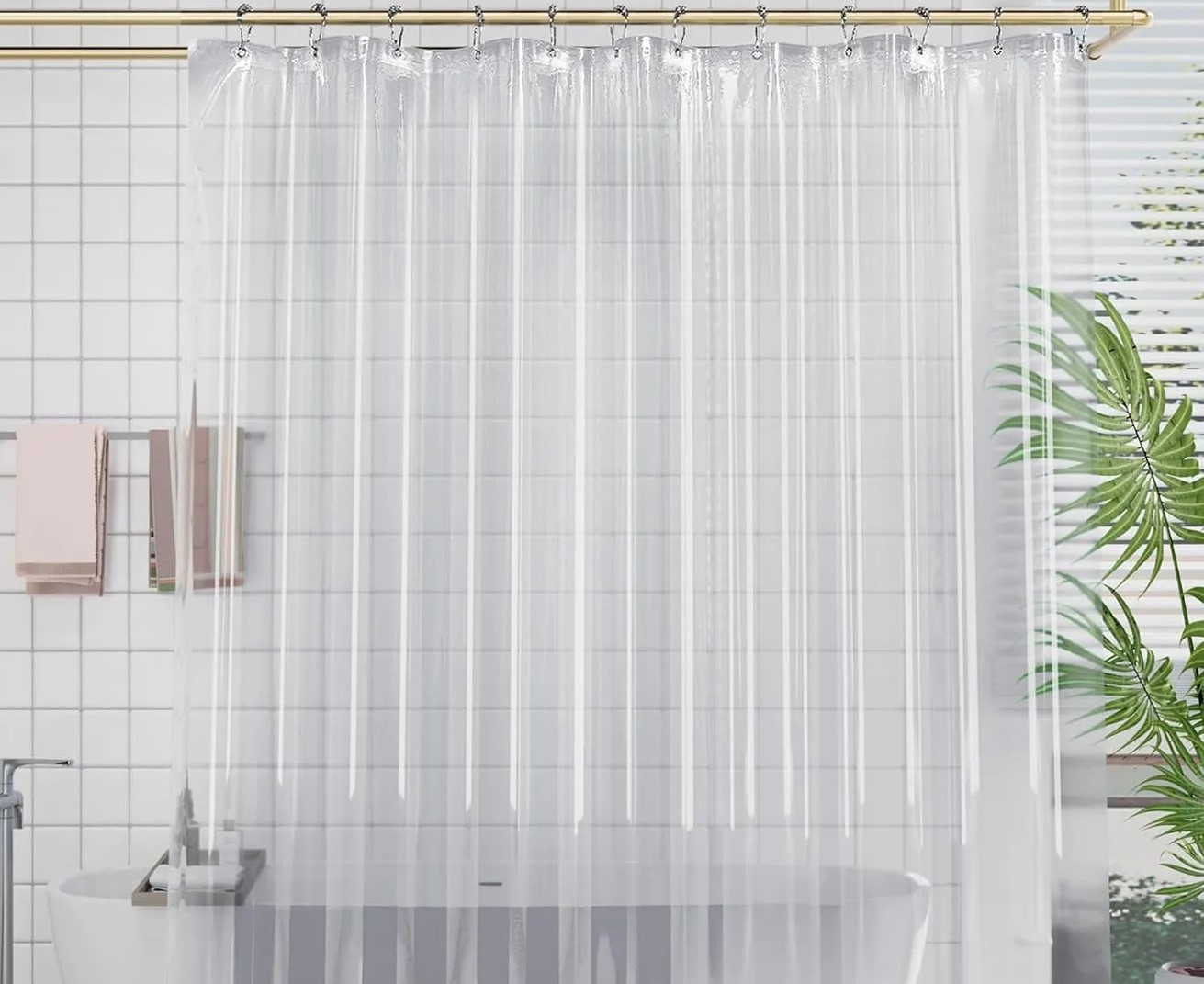
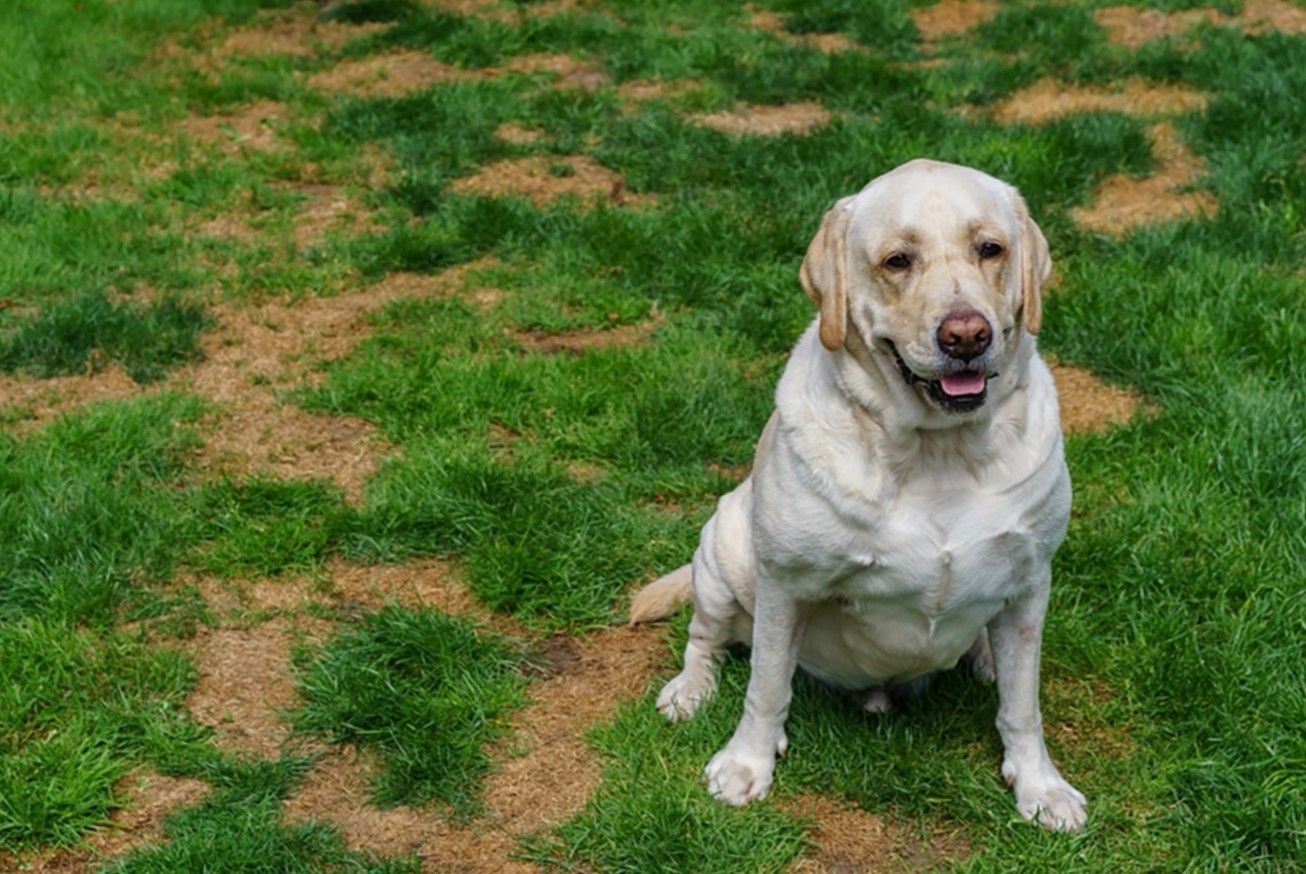
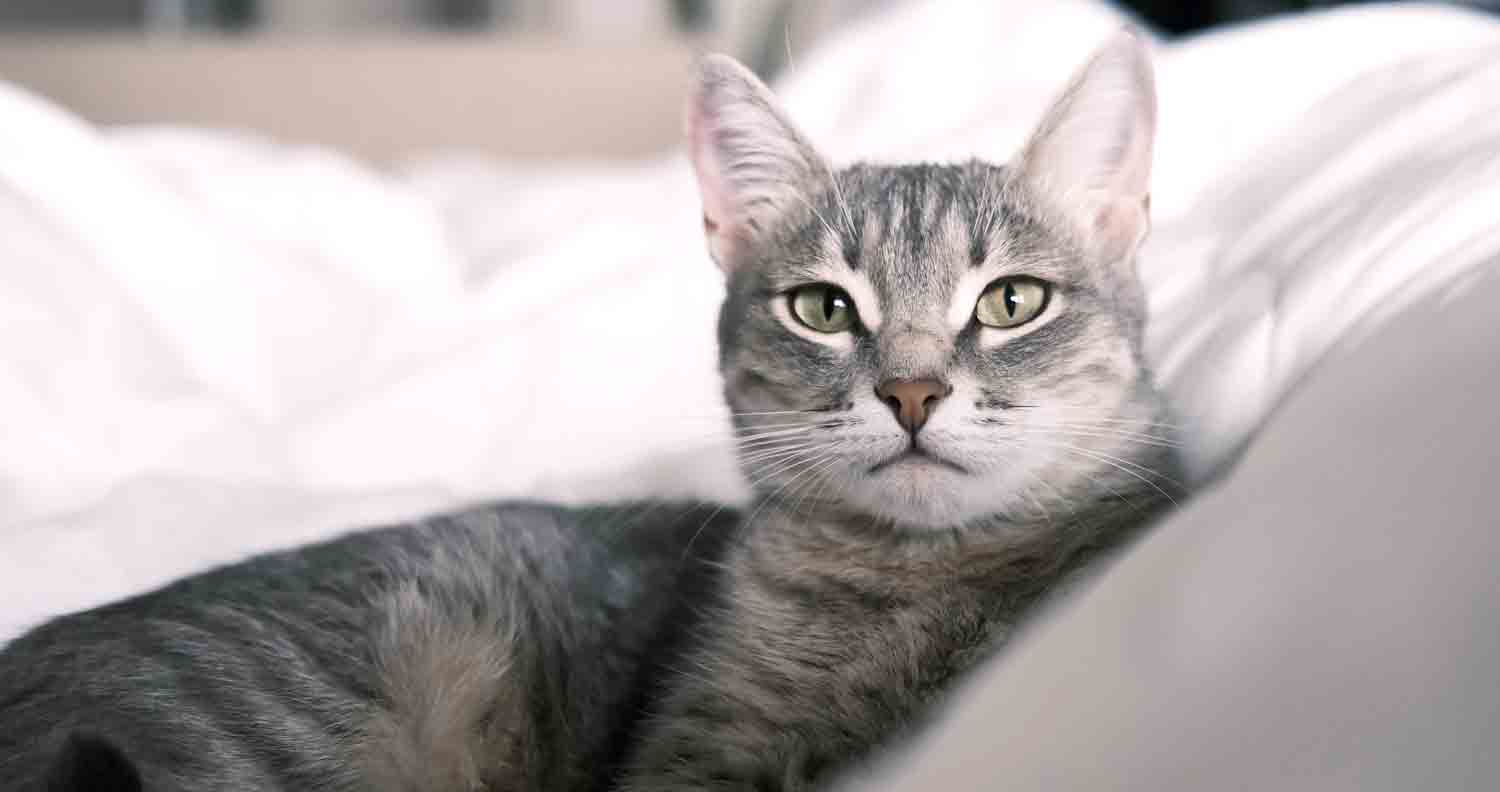
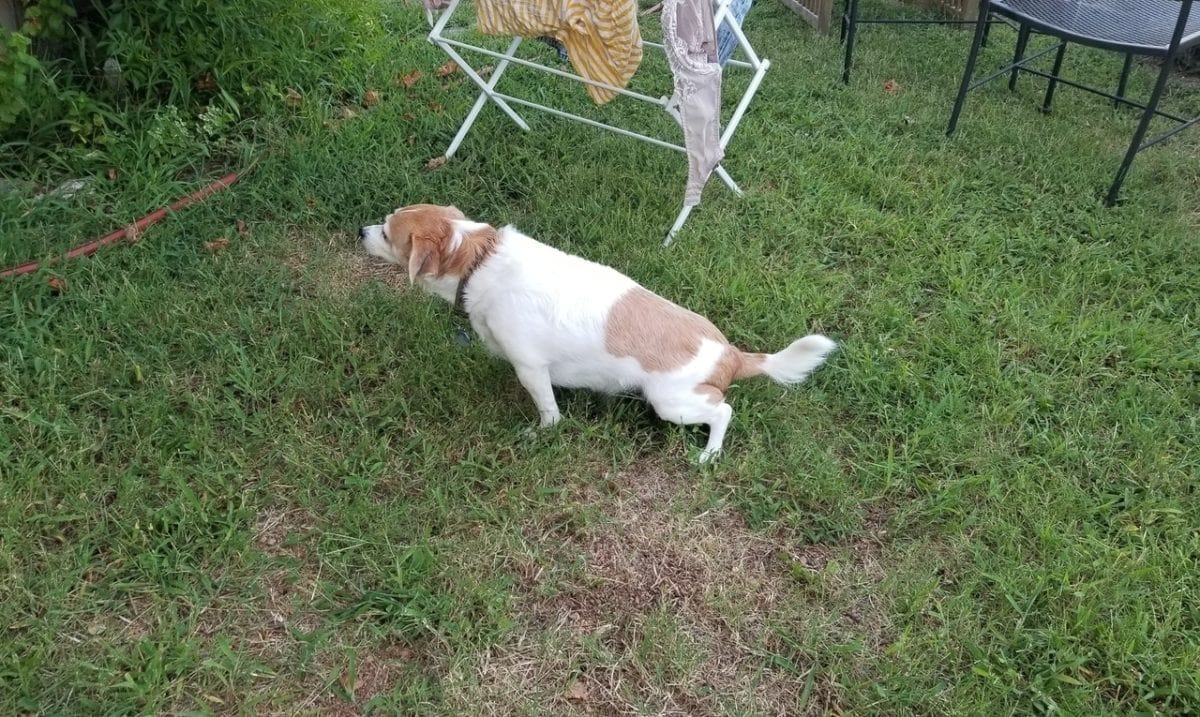
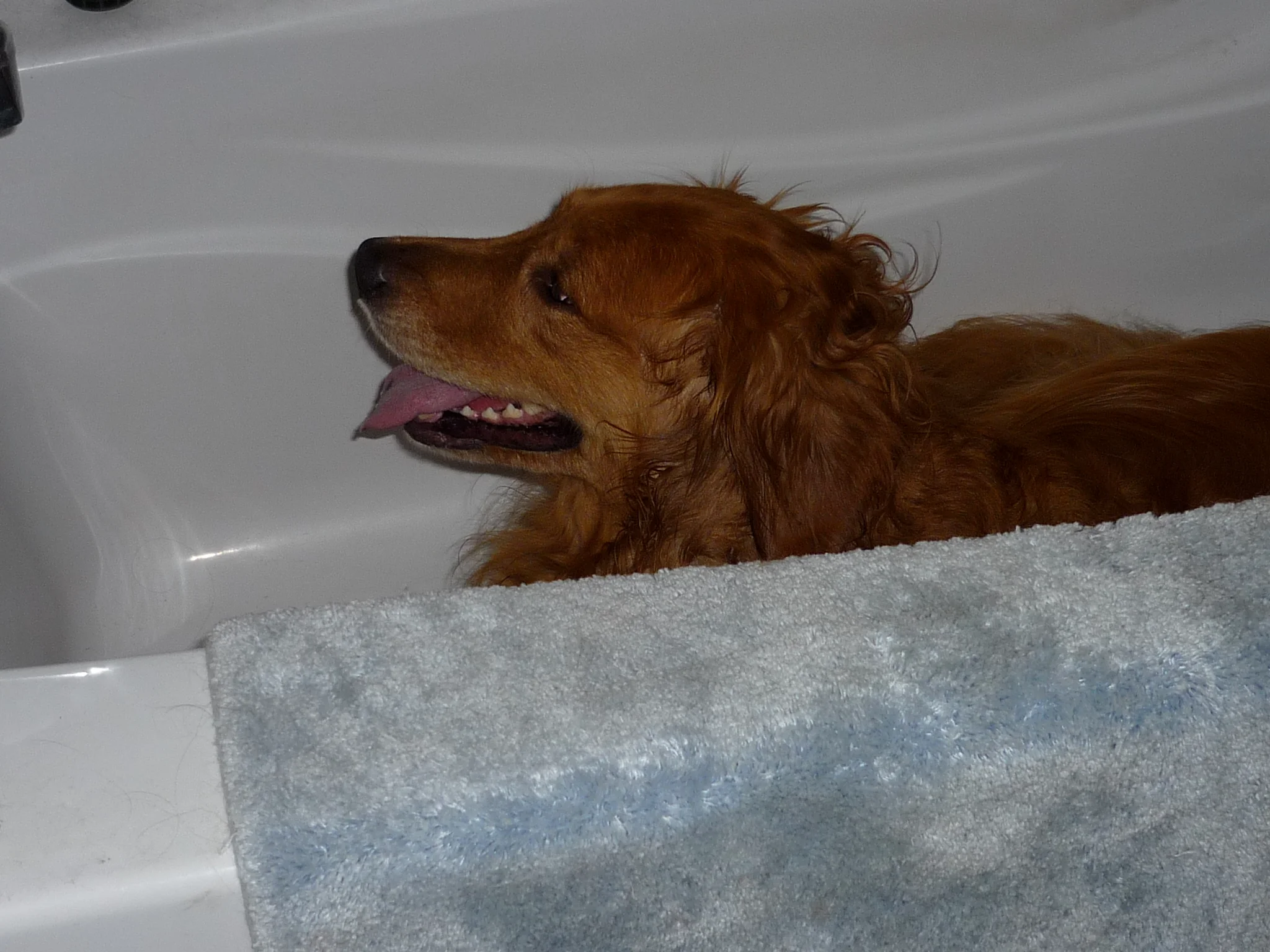
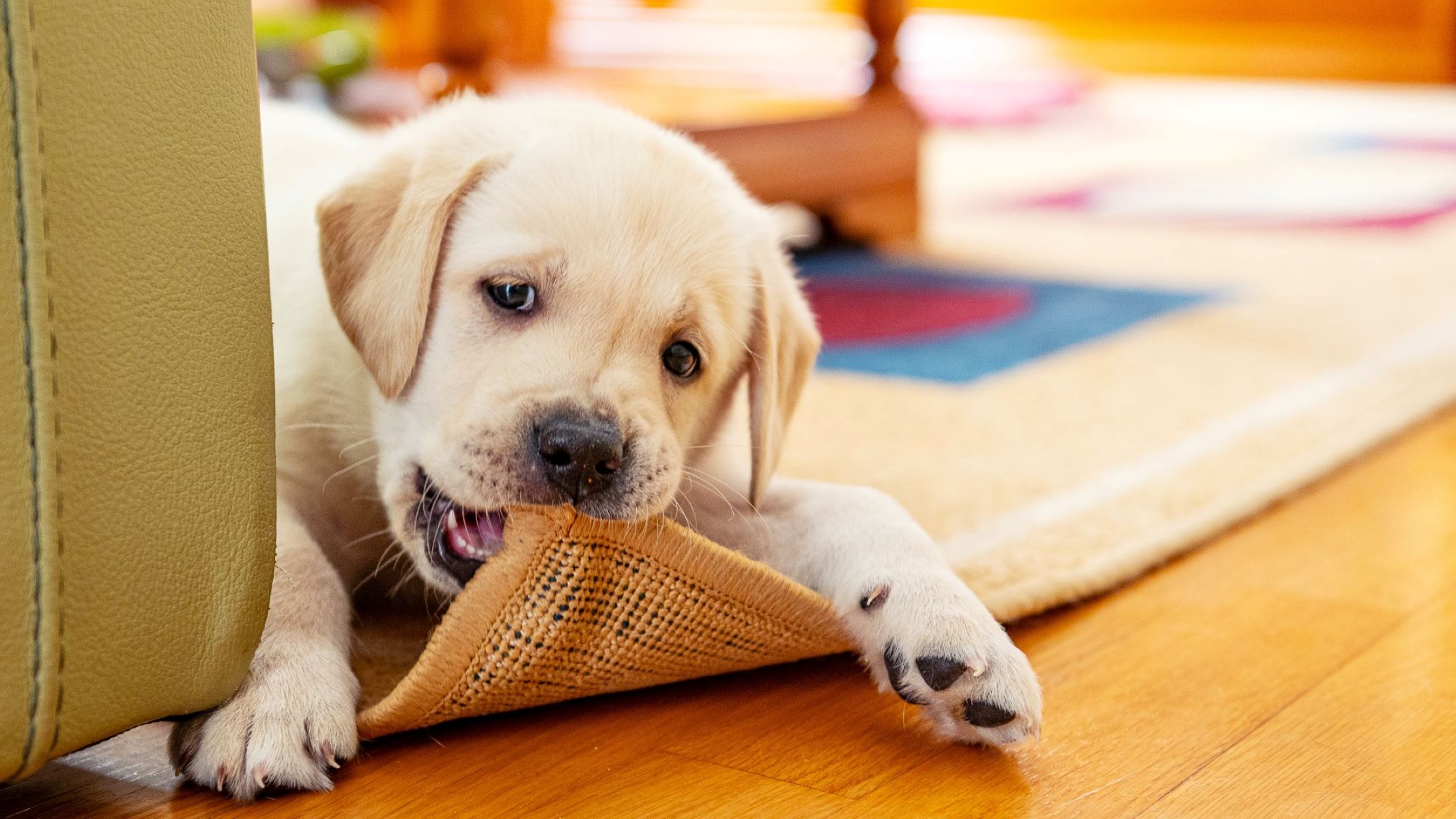

0 thoughts on “Why Is My Dog Licking The Floor”